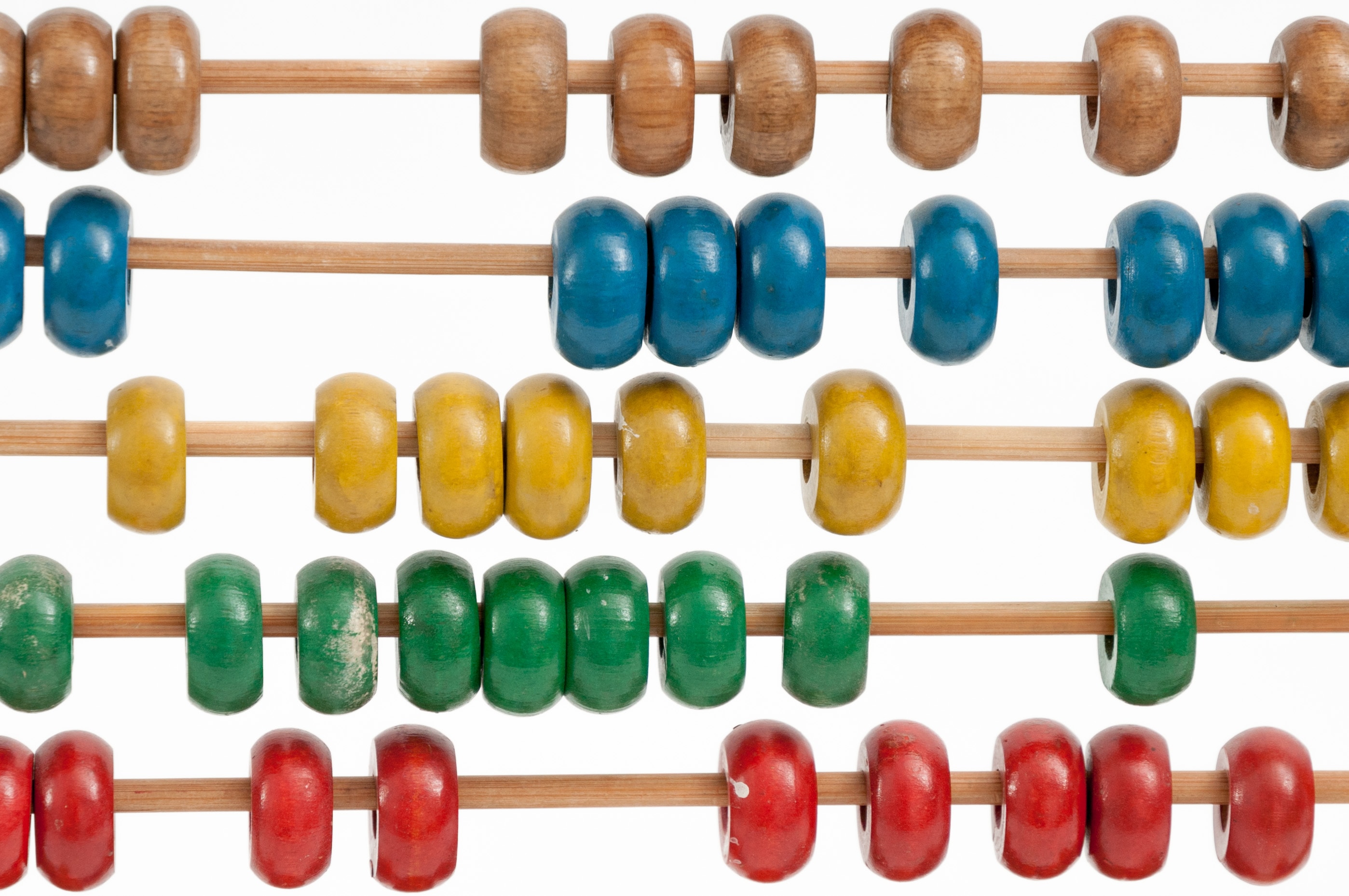News release
From:
Why does 2 + 2 = 4?
Author comment by Professor Randolph Grace, University of Canterbury
Everyone knows that 2 + 2 = 4, but why do we have arithmetic in the first place, and why is it true? Researchers at the University of Canterbury have recently answered these questions by ‘reverse engineering’ arithmetic from a psychological perspective. To do this, they considered all possible ways that quantities could be combined, and proved (for the first time in mathematical terms) that addition and multiplication are the simplest.
Their proof is based on four assumptions - principles of perceptual organization - that shape how we and other animals experience the world. These assumptions eliminate all possibilities except arithmetic, like how a sculptor’s work reveals a statue hidden in a block of stone.
Monotonicity is the idea of ‘things changing in the same direction’, and helps us keep track of our place in the world, so that when we approach an object it looms larger but smaller when we move away. Convexity is grounded in intuitions of betweenness. For example, the four corners of a football pitch define the playing field even without boundary lines connecting them. Continuity describes the smoothness with which objects seem to move in space and time. Isomorphism is the idea of sameness or analogy. It’s what allows us to recognise that a cat is more similar to a dog than it is to a rock.
Taken together, these four principles structure our perception of the world so that our everyday experience is ordered and cognitively manageable. The implications, explained in the just-published paper in Psychological Review, are far-reaching because arithmetic is fundamental for mathematics and science. They suggest arithmetic is biologically-based and a natural consequence of our perception. Mathematics is thus a realization in symbols of the fundamental nature of the mind, and as such both invented and discovered. The seemingly magical success of mathematics in the physical sciences hints that our mind and the world are not separate, but part of a common unity.



 New Zealand
New Zealand



